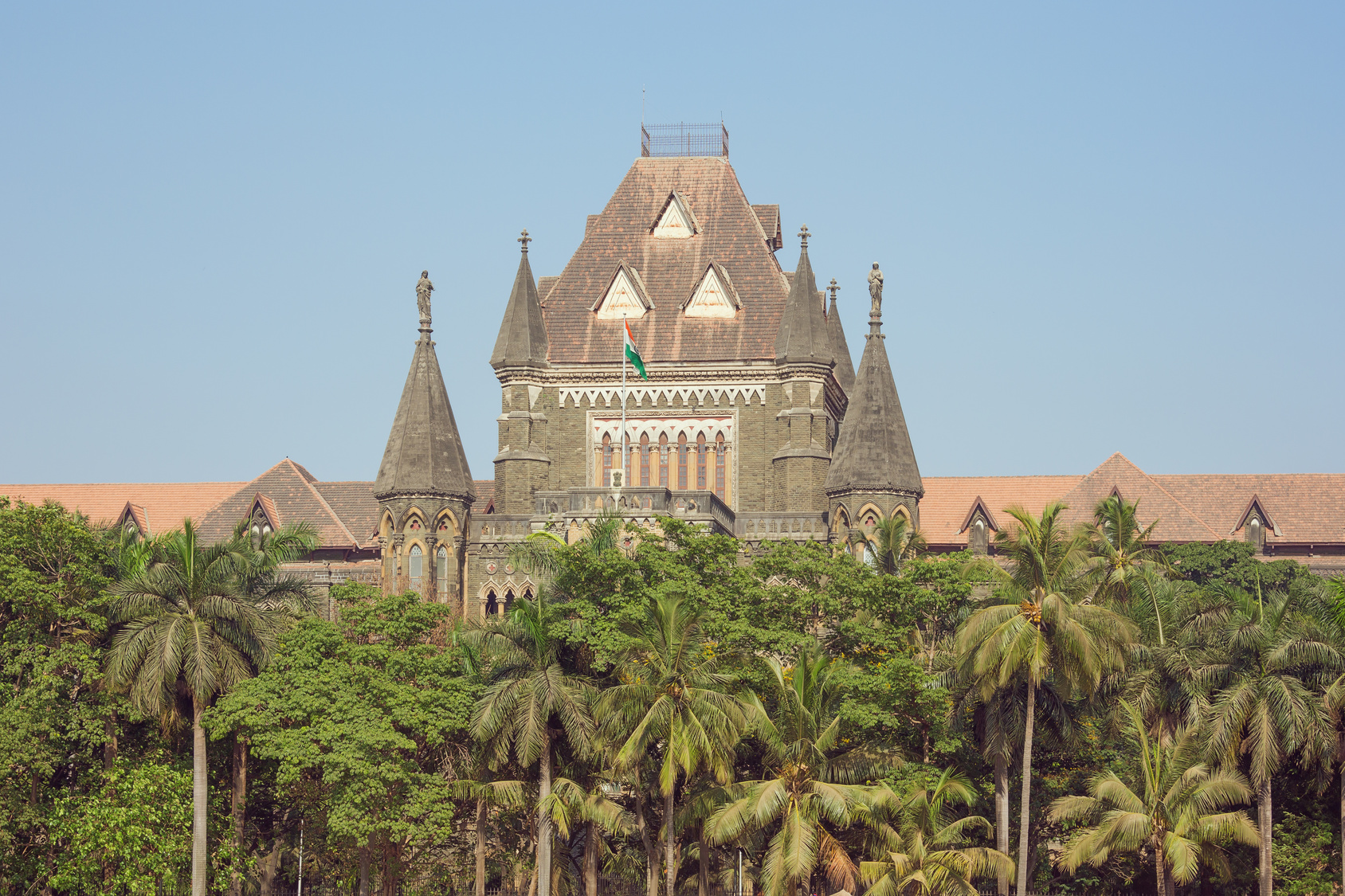
Introduction
The Supreme Court of India in Civil Appeal No. 5370-5371 of 2017, Indus Mobile Distribution Private Limited (”Appellant”) vs Datawind Innovations Private Limited and Ors.(”Respondent”) ruled that when parties to an agreement agree on a ”seat” of arbitration then that court alone will have jurisdiction.”
Dispute
The Appellant and Respondednt had entered into an agreement which specified that arbitration would be in Mumbai. The agreement also mentioned that the courts of Mumbai would have exclusive jurisdiction to resolve disputes and differences arising out of or in connection with the agreement.
The Respondent inter-alia filed two petitions before the Delhi High Court under Section 9 for interim relief and Section 11 of the Arbitration and Conciliation Act, 1996 (”Act”)for appointment of arbitrator.
Decision of the Delhi High Court
The Delhi High Court in Section 9 petition reasoned that since no part of the cause of action arose in Mumbai, the clause on exclusive jurisdiction would not apply – it held that only Courts of three territories could have jurisdiction – Delhi and Chennai (from an to where goods were supplied) and Amritsar (where the registered office of the Appellant is situated). It determined that Delhi being the Court that was first approached, would have jurisdiction. The Delhi High Court however held that the conduct of arbitration would be in ”Mumbai”. As far as the petition under Section 11 is concerned an independent arbitrator was appointed.
Being aggrieved by the decision of High Court, the Appellant filed an appeal before the Supreme Court.
Decision of the Supreme Court of India
The Hon’ble supreme Court of India set aside the decision of the Delhi High Court and distinguished the law of arbitration from the Code of Civil Procedure. It held that under the CPC which applies to suits filed in Courts, a reference to “seat” is a reference by which parties to an arbitration clause can select a neutral venue. This neutral venue may not have jurisdiction in the classical sense – that is no part of the cause of action may have arisen at the neutral venue. Under arbitration law, the moment “seat” is determined, the fact that seat is at Mumbai would vest Mumbai Courts with exclusive jurisdiction for the purpose of regulating arbitration proceedings arising out of the agreement between the parties.
The Court relied on Bharat Aluminium Co. v Kaiser Aluminium Technical Services Inc. [1] and subsequent judgements as Reliance Industries Ltd. v Union of India[2], Harmony Innovation Shipping Limited v. Gupta Coal India Limited and Another[3], Union of India v. Reliance Industries Limited and Others[4] and Elitze Bulk A/S v. AshapuraMinechem Limited and Another[5] where the Supreme Court has given constant findings that when a seat of arbitration is chosen, by necessary implication, courts of that country only would have supervisory jurisdiction over arbitration.
[1](2012) 9 SCC 552
[2](2014) 7 SCC 603
[3](2015) 9 SCC 172
[4](2015) 10 SCC 213
[5](2016) 11 SCC 508
















